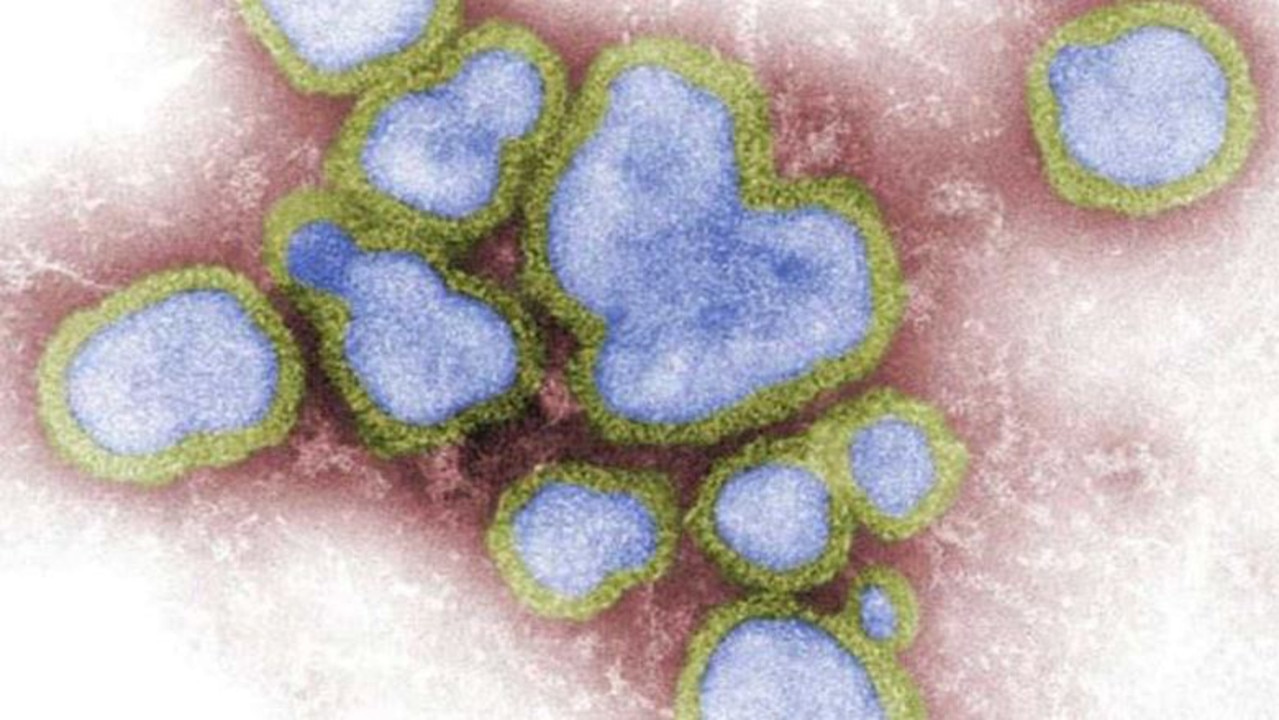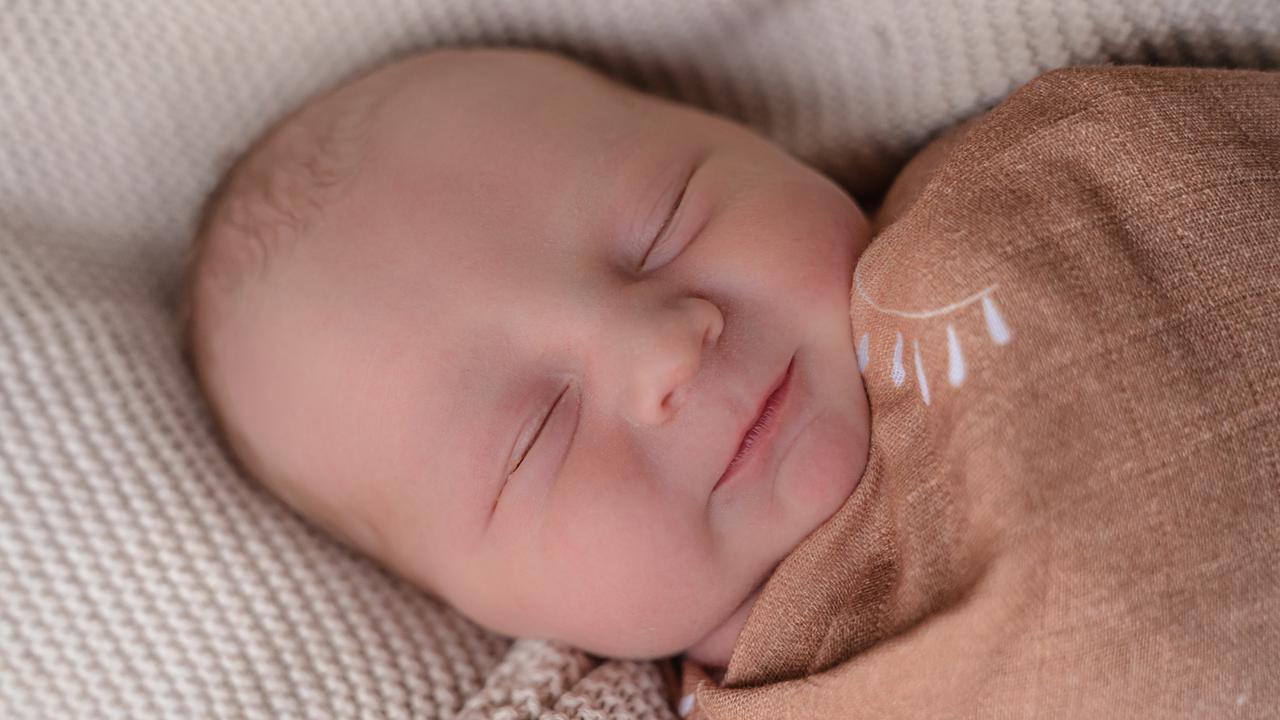Childcare centres and preschools want naughty toddlers put on ADHD medications
KIDS as young as three are being put on ADHD drugs because childcare centres and preschools refuse to enrol them unmedicated.
Health
Don't miss out on the headlines from Health. Followed categories will be added to My News.
EXCLUSIVE
SPECIAL INVESTIGATION
Children as young as three are being prescribed ADHD drugs as childcare centres demand toddlers with behavioural problems are medicated before they will enrol them.
The number of children aged 2-6 using ADHD medications like Ritalin has soared by 41 per cent over the last two years to nearly 5,000, official government data shows.
This is despite the medications not being recommended for use in children this young.
Parents are complaining childcare centres and schools are pressuring them to medicate their children by refusing to accept them unless they are on drugs.
One mother has told News Corp a preschool refused to enrol her son unless she went to a doctor and had ADHD medication prescribed for her son.
“I felt bullied into starting these medications by doctors and teachers,” she says.

The dramatic escalation in prescriptions has prompted calls for an audit of doctors prescribing the medications to young children.
“There are guidelines in place that suggest extreme caution in prescribing to this age group, there needs to be an audit to ensure they are being used with caution,” says child psychiatrist Professor Jon Jureidini.
He said the issue was so significant the medical colleges and the medical regulator should be looking into it.
RELATED: Kids given ADHD drugs could simply be immature compared to peers
He says childcare centres and schools are behaving unethically in requiring children to be medicated as they have no qualifications in the area.
Other child psychiatrists say the medications need to be used as part of a more comprehensive management strategy in some severely troubled children.

Dr Nick Kowalenko Chair of the Royal Australian New Zealand College Psychiatry Faculty of Child and Adolescent Psychiatry says the increase in ADHD prescriptions in young children is not concerning when put in context.
“More than 100,000 children aged 2-6 have ADHD, and a small proportion have it severely,” he says.
“I’d take an educated guess if there are 5,000 kids being prescribed medicines perhaps it’s because they are severely affected,” he says.
RELATED: A bit of mussel could help kids with ADHD
However, he said it was not helpful for schools to be demanding children were medicated.
“The school should ask parents if they had noticed behavioural issues with their child and ask them to get it assessed,” he said.
Behavioural problems could be related to hearing and vision problems and other psychological issues and not just ADHD, he said.

A spokesman for the Royal Australasian College of Paediatricians said by only focusing on the number of prescriptions, “there is a risk that we will ignore both the outcomes and the broader issues of this condition”.
“This is a complex issue and one which all paediatricians take very seriously. For the prescription of stimulant medication, a child has to be exhibit a pattern of inattention and/or hyperactivity-impulsivity symptoms for at least six months,” the spokesperson said.
“Paediatricians are well aware that if conditions like ADHD are left unmanaged, they can have lifelong negative consequences.”
New Human Services Department data obtained by News Corp shows 4,974 children aged 2-6 were using the medications in the 2015 calendar year up from 3,500 in 2013.
It was the largest increase in the use of these medicines in any age group.
The number of children aged under 16 using the medications leapt by 18,121 (29 per cent) in 2013 to 80,524 in 2015.
“If you want an explanation for that increase I bet it’s not because there has been a more careful evaluation and assessment of the individual child,” Professor Jureidini said.
“My expectation is if you analysed the data you’d find a number of prescribers responsible for most of the prescriptions because they develop a reputation for people looking for an easy solution to a complicated problem,” he said.

Recent Curtin University research which found the youngest students in the class were twice as likely to be prescribed ADHD medication has raised questions about whether immaturity is being mistaken for a medical disorder.
Study author Murdoch University researcher Martin Whitely says off label prescribing is a “huge problem”, “it’s pure ego and massive over confidence by doctors,” he says.
“The fact they are prescribing drugs that aren’t approved for the under sixes shows you how out of control these guys are,” he says.
“What we are going to have is an apology to the drug generation in 20 years time, like we’ve had an apology to the sexually abused generation and the stolen generation,” he said.
JACK’S STORY
Jack was just three years of age when his preschool refused to re-enrol him unless his mother put him on the ADHD drug Ritalin.
Even though the medication is not approved for use in children aged under six years a paediatrician prescribed the drug for him when he turned four.
The Ritalin prescription was the start of a medication journey that would see the Jack trialled on many different medications including antidepressants Lovan and Endep, antiepileptic Epilim, the hormone melatonin and another ADHD drug Straterra.
Instead of improving his behaviour deteriorated.
“No-one wants to put their child on drugs,” says his mum Shay a registered nurse.
“I felt bullied into starting these medications by doctors and teachers and days later Jack started screaming like an animal, running around the streets and was inconsolable,” she says.
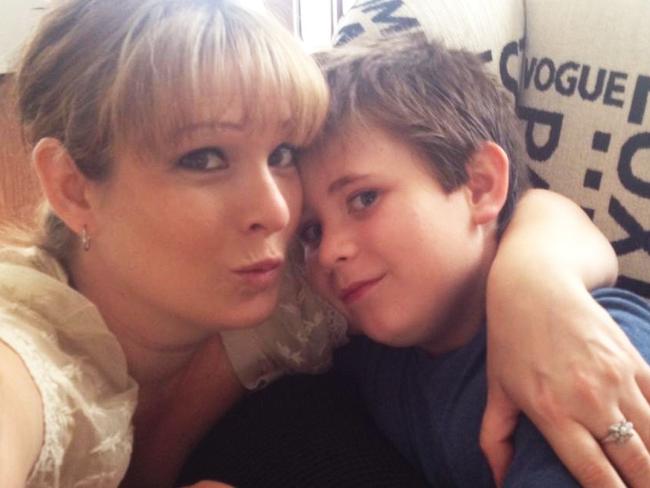
“Each time we trialled a new medication I became extremely anxious about the side effects some of which included dissociation, sleep disturbance, rapid weight gain, suicidal ideation and violent psychotic episodes resulting in numerous hospital admissions where he had to be restrained by four security guards and given more drugs via injections to sedate him,” says Shay.
It’s only recently, after his mother stopped the pills, that Jack’s behaviour improved.
Jack’s mother says she’s not saying no child should be medicated but she wants other families to benefit from her experience.
Jack, now 11, has a diagnosis of autism, sensory processing disorder, anxiety disorder, oppositional defiance disorder and ADHD.
Although he is far from perfect, Jack is doing better at school both socially and academically, and is better at regulating his emotions, his mother says.
“He was medicated from age 4 to 11, it makes me feel really upset and disappointed now I know it was making him worse,” she says.
“Looking back I wish I had just listened to my gut instinct.”
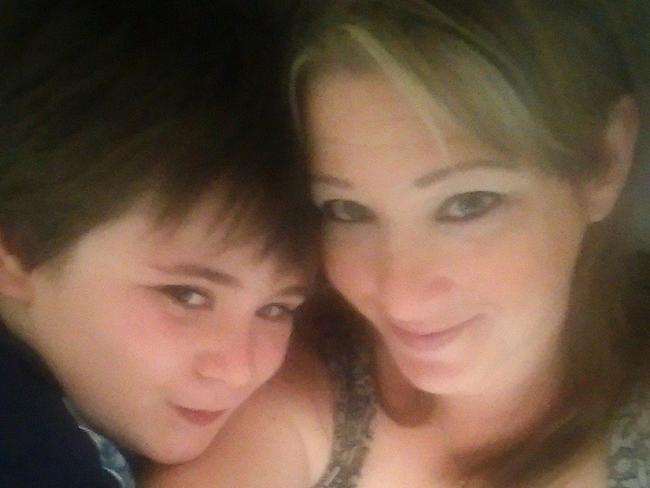
Jack had brain scans, EEGs, blood tests and tried diets, natural therapies that cost a fortune and week long intense live-in family therapy sessions in a bid to get his behaviour under control.
“A couple of months ago, against doctors advice, I took him off most of his medications and he is now the happiest and most content anyone has EVER seen him. The difference is dramatic,” says his mother.
“The special school he has attended for the past 2.5 years recently commented on how ‘grown up’ he is and asked what the new medication was ... they were shocked when I told them he was basically unmediated. He has gone from 3 different medications to 1 at night to help him sleep”
“He states that he feels a lot happier since stopping the medication and laughs all the time. He has a fantastic sense of humour which was totally lost while on the medications. My little boy is back,” she says.
AMETHYST’S STORY
Amethyst Stergo was nine when she was put on the ADHD medication Concerta to control her behaviour but it affected her ability to think.
Amethyst’s mum Sue Stergo says she noticed a huge difference when the family ran out of the pills recently and were unable to get an appointment with a paediatrician to get a new prescription.
“Once she was not on the medication she was able to analyse her thoughts and was feeling more,” her mother said.
“Now we are off the medication there is no crazy period at 4pm,” she said.
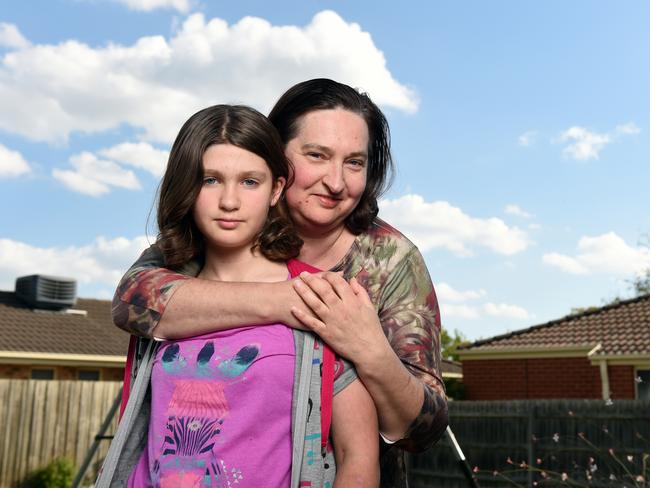
Amethyst, now 11, has high functioning autism and ADHD and had trouble sleeping.
Ms Stergo said she did not take the decision to put her child on ADHD medication lightly.
A family member had suffered from bipolar disorder and was in an out of hospital as Ms Stergo said as a result she was “very sceptical of pills”.
“The psychologists said it could be a good time to try it but that kids could grow out of it,” she said.
The medication was only used during school hours to control Amethyst’s behaviour and wore off around 4pm.
“I think we did what we could with the medication and feel she doesn’t need it anymore,” Ms Stergo said.
CHARLIE’S STORY
Charlie Goodchild first showed signs of anxiety when he was aged just three and started kindergarten but his family waited four years before using medication to control his behaviour.
“We changed schools when he started kindergarten because when we asked for help managing Charlie’s separation anxiety and because he was not sleeping because he was so worried the school psychologist, without meeting him, said he’s got ADHD and told us to see a paediatrician,” his mother Amanda says.
“We thought what three year old isn’t erratic?” she said.
Charlie was subsequently diagnosed with anxiety, sensory processing disorder and a blood condition that affected his immunity.

He tried speech therapy, occupational therapy and two rounds of psychological therapy before the family decided to try ADHD medications when he turned seven.
“We didn’t jump to the decision to put him on medications says Ms Goodchild.
“We wanted to be 100 per cent sure that’s what was going on for him,’ she said.
The Goodchild’s say ADHD medication changed Charlie’s life.
The separation anxiety was over, he felt able to follow what happened in the classroom and remember what he was doing in the classroom, he used to be distracted and went walking across the room.
“He’s been thriving on it, this is what he needed in the long run but we needed to eliminate all the other factors before we got to this point,” she said.
“I get upset that people instantly think we are drugging our child, you get eye rolls and judgment that we are treating bad behaviour with drugs but this decision was four years in the making, it did not come lightly,” she says.
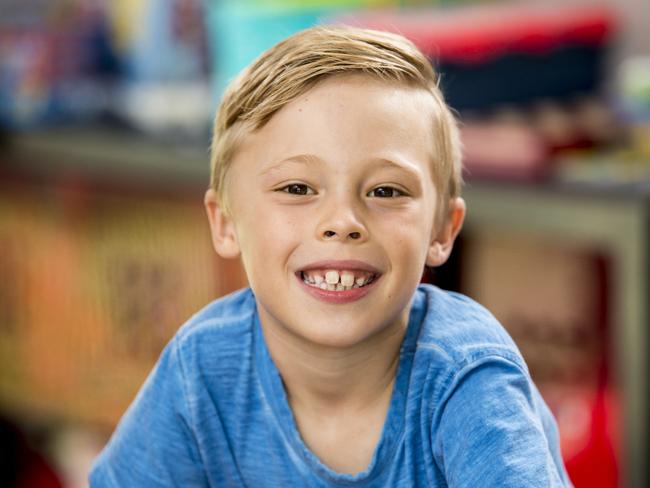
Ms Goodchild says she is a social worker and sees lots of children through her work who have ADHD and she believes there is a lack of understanding in the community about the condition.
“My son is not badly behaved, he can’t focus, pay attention, retain information, in fact he’s a real people pleaser, he was never a bad kid,” she says.
“Once we got the dosage right he said ‘mummy, I feel happy and stronger’,” she said.

